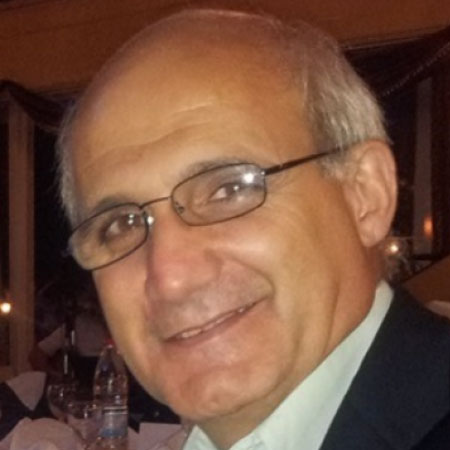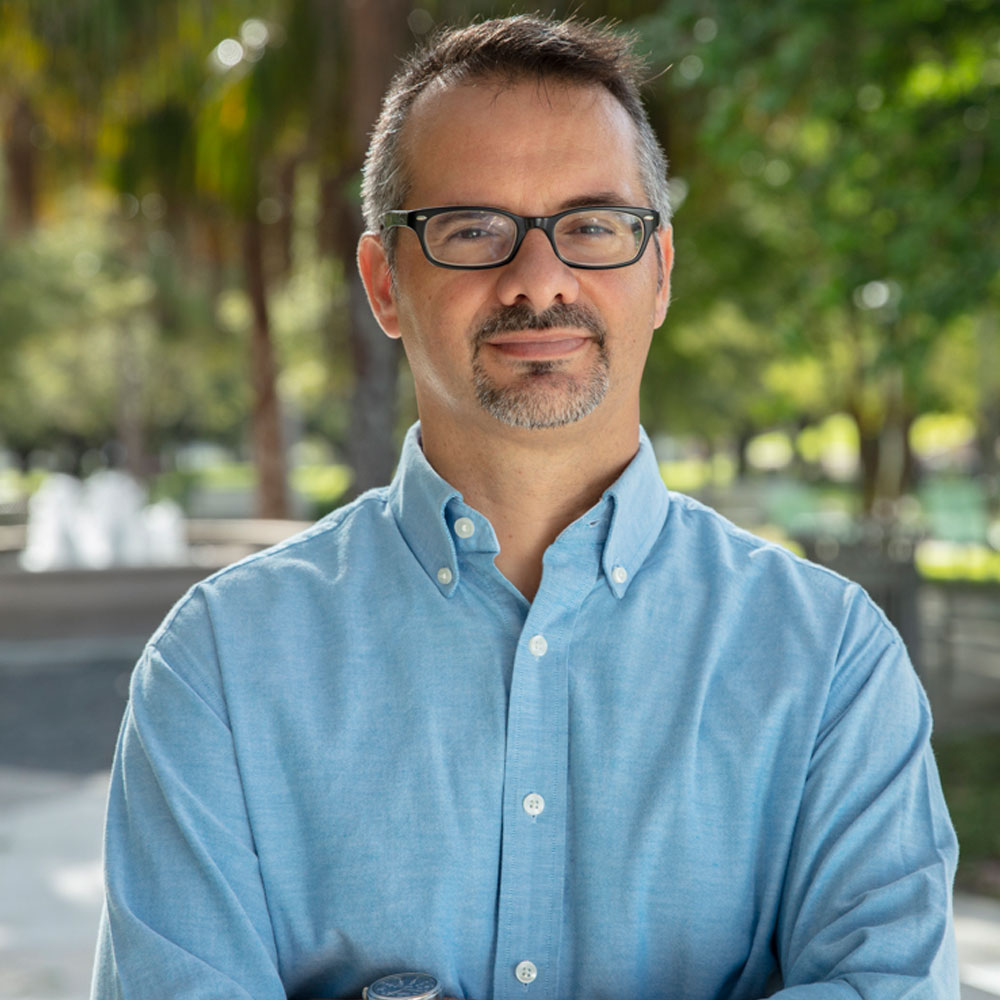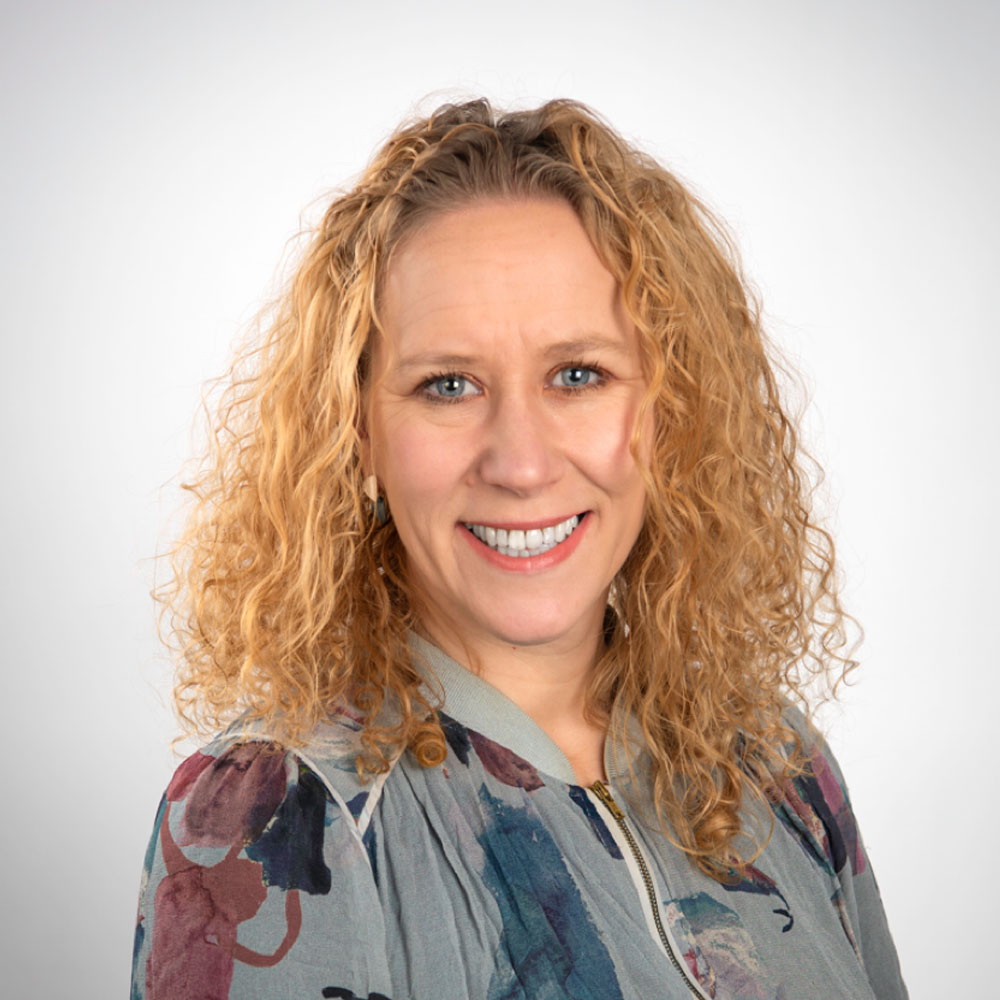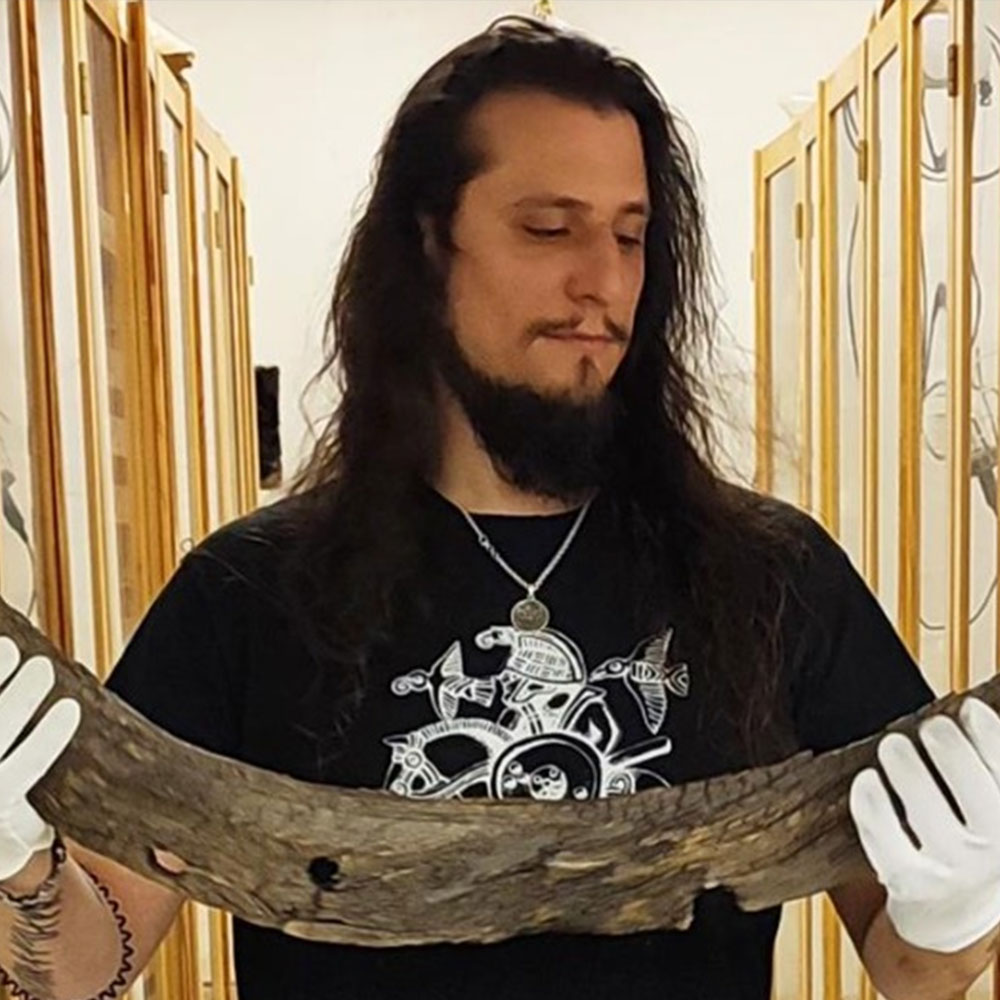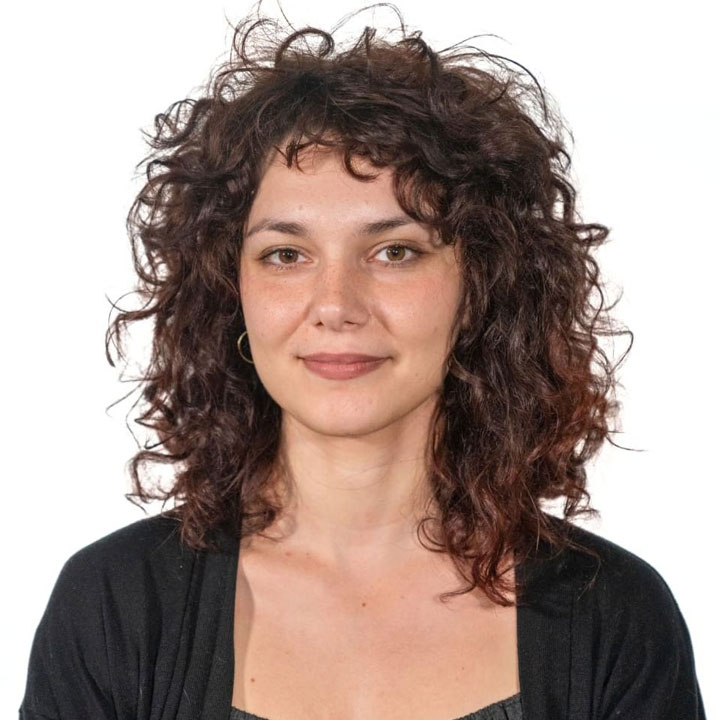Programme
8:30 – 9:00
Registration & coffee
9:00 – 9:40 Morning Session 1
Mapping the Future: 3D Digitization of European Cultural Heritage
“Mapping the Future: 3D Digitization of European Cultural Heritage” is an introductory conference session dedicated to exploring the transformative potential of 3D digitization in preserving and promoting Europe’s cultural heritage. This session will delve into the digitisation of cultural data into the European data cloud, enhancing accessibility and interoperability across the continent. Expert speakers will present this digitization vision, showcasing the various efforts in cultural heritage preservation through advanced digital strategies. Additionally, the session will examine the vital link between tourism and cultural heritage sustainability, demonstrating how digital preservation can drive tourism while ensuring the longevity and authenticity of cultural sites for future generations.
Keith Demicoli Welcome & housekeeping
Tony Cassar (HM)
Valentine Charles (TwinIT)
Carlo Micallef (MTA)
9:40 – 10:40 Morning Session 2
Advancements in 3D Digitization: Methodologies, Standards, Collection Management, and Accessibility
“The second session of the conference, “Advancements in 3D Digitization: Methodologies, Standards, Collection Management, and Accessibility,” will delve into the latest technological advancements and best practices in 3D digitization. Esteemed speakers will discuss innovative methodologies and emerging standards that are shaping the field. The session will cover effective strategies for collection management, ensuring the digital preservation of cultural artifacts. Additionally, it will highlight the importance of accessibility, demonstrating how 3D digitization can democratize access to cultural heritage, making it available to diverse audiences worldwide. This session aims to equip attendees with the knowledge to implement cutting-edge digitization techniques in their own projects.”
Jacob Saliba (HM) Aquisition and Reuse
Dr Andrew Pace (HM) CMS, Metadata and Paradata
Davide Tanasi (US) Digitisation Standards in the US
Q&A
10:40 – 11:40 Morning Session 3
Traditional Boat Digitization: Case Studies from Cyprus, Malta, and Norway
“The third session of the conference, “Traditional Boat Digitization: Case Studies from Cyprus, Malta, and Norway,” will present three insightful case studies showcasing the digitization of traditional boats. Experts from each country will share their experiences and methodologies in preserving these maritime heritage artifacts using 3D technologies. The session will highlight the unique cultural significance of traditional boats in Cyprus, Malta, and Norway, and the challenges faced during their digitization. Attendees will gain valuable insights into best practices, collaborative efforts, and the impact of digital preservation on cultural heritage and local communities in these regions.”
Dr Marinos Ioannides Cyprus Case Study 1
Francesco Vella (HM) Malta Case Study 2
Massimiliano Ditta Norway Case Study 3
Q&A
11:40 – 14:00
Lunch
14:00- 15:00 Afternoon Session 1
Exploring the Challenges and Methods in Digitizing Underwater Cultural Heritage
“The conference session “Exploring the Challenges and Methods in Digitizing Underwater Cultural Heritage in Malta and Norway” will delve into the unique obstacles and innovative techniques involved in preserving submerged cultural artifacts. Experts will discuss the complexities of underwater digitization, including environmental challenges and technological limitations. The session will showcase pioneering projects from Malta and Norway, demonstrating how advanced 3D imaging and scanning technologies are used to document and preserve underwater heritage sites. Attendees will learn about the interdisciplinary approaches and collaborative efforts required to overcome these challenges, ensuring the protection and accessibility of invaluable underwater cultural heritage for future generations.”
Maja Pace Sausmekat (UCHU)
John Wood (University of Malta)
Rebecca Xerri (Heritage Malta/University of Malta)
Thomas Bjørkeland (Stavanger Maritime Museum)
Q&A
15:00 – 15:45 Afternoon Session 2
Horizon-Europe Projects: Advancing 3D Digitization in Cultural Heritage Preservation
15:45 – 16:15
Coffee Break
16:15 – 17:15 Afternoon Session 3
Revitalizing Maritime Museums: Connecting with Modern Audiences through Contemporary Themes
“The concluding session, “Revitalizing Maritime Museums: Connecting with Modern Audiences through Contemporary Themes,” will explore strategies for making maritime museums more engaging and relevant to today’s audiences. Experts will discuss how incorporating contemporary themes, interactive exhibits, and digital technologies can enhance visitor experiences and attract diverse audiences. The session will highlight successful case studies and innovative approaches in museum curation, emphasizing the importance of storytelling and community engagement. Attendees will learn how to balance the preservation of maritime heritage with modern trends, ensuring that maritime museums remain vibrant, educational, and appealing to future generations.”
Keith Gatt (MMM)
Heidi Thöni Sletten (Oslo Museum)
Q&A and Concluding remarks
Meet Our Speakers
John Wood
Jacob Saliba
Saida Ibragic
Francesco Vella
Maja Pace Sausmekat
Andrew Pace
Rebecca Xerri
Valentine Charles
Marinos Ioannides
Davide Tanasi
Heidi Thöni Sletten
Thomas Bjørkeland
Massimiliano Ditta
Aphrodite Theodora Andreou
Keith Gatt
Human activity has irrevocably impacted our oceans, posing significant threats to both marine ecosystems and cultural heritage. The conference “Clean Oceans and Mapping our Seas” seeks to address these pressing issues by bringing together experts, stakeholders, and enthusiasts to explore innovative digital solutions and strategies that can be used to aid the documentation and interpretation of these issues on cultural heritage.
Understanding the Challenges
Overexploitation of marine resources, pollution from various sources, and the effects of climate change have all taken a toll on our seas. These activities not only endanger marine life but also jeopardize our cultural heritage, including ancient shipwrecks, submerged artifacts, and coastal monuments.
Conference Objectives
The conference aims to:
1. Raise awareness about the interconnection between clean oceans and the preservation of maritime cultural heritage.
2. Showcase advancements in digitization technologies for documenting underwater cultural heritage.
3. Foster collaboration and knowledge exchange among stakeholders, including museums, research institutions, and government agencies.

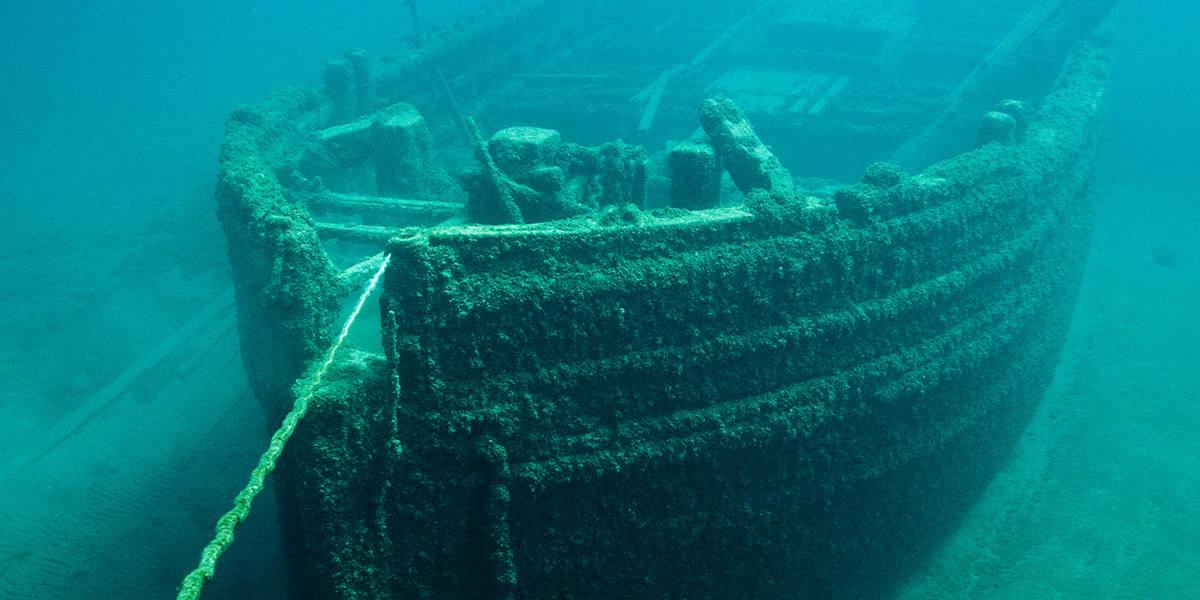
Organizational Collaboration:
“Clean Oceans and Mapping our Seas” is jointly organized by Heritage Malta and the Norwegian Museum Stavanger (MUST). Both organizations have been at the forefront of utilizing cutting-edge technology to digitize and record maritime cultural heritage. This collaboration emphasizes the shared commitment to addressing the challenges faced by our oceans and cultural heritage.
Key Themes:
The central theme of the conference revolves around the intersection of clean oceans and maritime cultural heritage. The discussion will primarily center on innovative 3D digitization methods and approaches for documenting and interpreting the impacts of climate change and ocean quality on maritime cultural heritage.

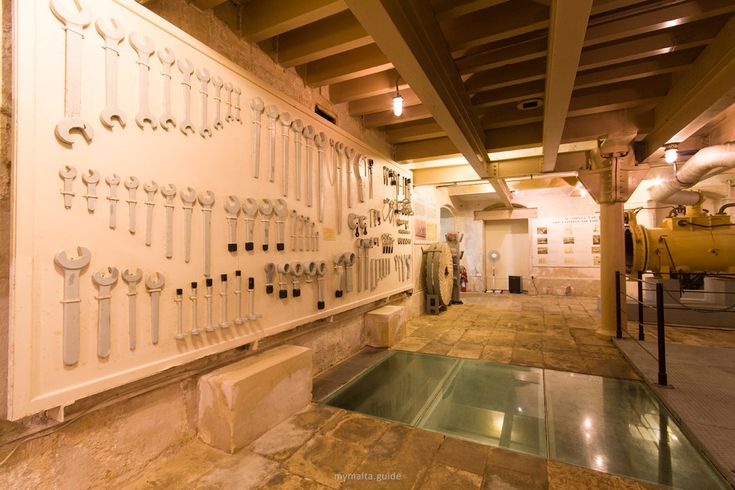
Digitization and Standardization:
Another core focus of the conference will be on digitization efforts and the importance of standardized methodologies. With emerging technologies such as 3D scanning and visualization, there is a need for comprehensive standards to ensure data interoperability and accessibility. The conference will facilitate discussions on synchronizing efforts with existing European projects and centralizing data aggregation platforms.
“Clean Oceans and Mapping our Seas” offers a unique opportunity to address the multifaceted challenges facing our oceans and cultural heritage.
By fostering collaboration and innovation, we can pave the way towards a sustainable future where both marine ecosystems and cultural treasures thrive. The conference “Clean Oceans and Mapping our Seas Conference” is being organised by Heritage Malta (Malta) and Stavanger Maritime Museum – MUST (Norway)



















